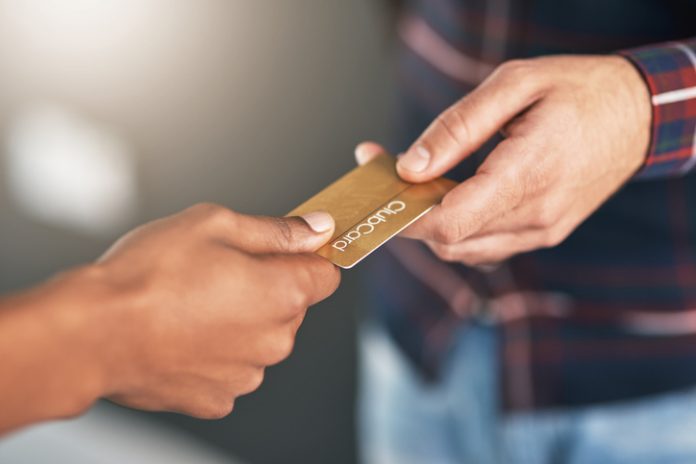The post-pandemic period is surely a sensitive time for the recovering travel and hospitality industry. While the airline industry may have faced a larger blow, hoteliers today are struggling with depleting customer engagement, slow recovery in room occupancy, attracting new customers and welcoming back the old ones.
For them, need for the hour is to find new ways to attract and engage with guests in the safest and the most sustainable manner. In a digitally connected booking environment, these hoteliers are now turning to traditional loyalty and reward programs, since loyalty could be a ‘key differentiator’ in today’s environment.
Today loyalty rewards go far beyond gaining points, getting room discounts and that free breakfasts. While customers willing to travel are likely to choose hotel brands that they familiar with and trust, the onus is now on hotels companies, to reach out and humanize the guest experience. This means knowing your guest, knowing their stay preferences, knowing they biggest concerns while travelling in a post-pandemic environment and starting a communication with them before they travel, is the real take-back and one that will help the sustain long-term relationships with guests.
This requires for hotels need to make an absolute transition to a digital landscape. A seamless digital experience will provide customers convenient interactions with the hotel, using their devices anywhere and at any time. Technology has changed the way businesses communicate with their customers and its crucial for hotel companies to be digitally structured to respond. Furthermore, a data-driven and creative loyalty program can help hospitality brands stay afloat in any crisis situation, and stay ahead in the fierce competitive environment.
In a recent Loyalty Trends report by Skift and SessionM, a Mastercard company, five points that explore the importance of data insights, personalization, omnichannel access, experiences, and trust, ‘define the future of hotel loyalty’ in the post COVID-19 era, were noted.
- Using data insights to help understand their customer’s unique preferences
- One size does not fit all – customization is key
- Focusing on a digitally-enhanced, seamless, omnichannel approach can simplify guest interactions with the hotel
- Build ‘experiences and emotional brand connections
- Build trust in customer data collection and safeguard privacy concerns
Loyalty programs aren’t restricted to large hotel chains alone. Smaller hotel chains and boutique hotels are also finding value in new strategies that can help them benefit from such programs. Allpoints Hotel Rewards is one such example. The Brazilian startup allows guests who want to stay in an independent hotel, to choose from a portfolio of over 550,000 hotels, inns, and resorts. Another strategy that has gained a lot of interest within the millennial population is rewards gained using social media where guests are encouraged to share their experiences by tagging the hotel brand.
The hospitality industry has always relied on loyalty memberships. The Marriott Bonvoy Travel program has over 150 million members today and these members have become a valuable tool for the hotel company, in terms of understanding engagement and retention.
It has also become essential to think out of the box. While some allows programs allow members to use loyalty points even when they are not staying at the hotel, others offer loyalty with a long-term social media engagement; or offering offers and experiences based on demographic and behavioral insights or by combining real-world experiences as rewards. The shift is to use their access to all this data and knowledge and to make smarter decisions and customized programs for its members.
Besides the many benefits, there are challenges too. Online reviews can alter impressions of a hotel regardless of loyalty memberships. As per a survey conducted by TrustYou, ‘88 per cent travelers would automatically sort out hotels with review scores under three stars, and 33 per cent would sort out hotels under four stars’.
There is also the cause for a lack of active memberships. A study in 2019 reported that 14.8 million memberships, only 6.7 million were active, supported by another study that revealed 70 per cent of those who never joined a loyalty programme were unlikely to do so in the next 12 months. The reason to this could be the overwhelming number of loyalty programs that are available, yet not engaging or sufficiently creative to engage with customers.
Both of these challenges can be met by simply engaging with their guests. With a little more creativity and a lot more communication, hotel companies who are willing to listen and respond to their guests, are sure to overcome the disruption caused in the last 18 months and reclaim their business.


